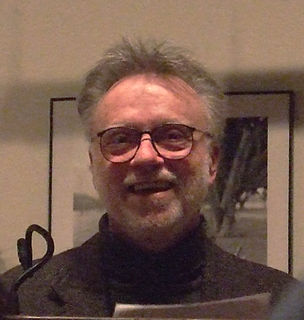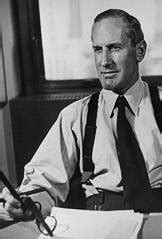Top 250 Passages Quotes & Sayings - Page 5
Explore popular Passages quotes.
Last updated on December 22, 2024.
It was anyway all a long time ago; the world, we know now, is as it is and not different; if there was ever a time when there were passages, doors, the borders open and many crossing, that time is not now. The world is older than it was. Even the weather isn’t as we remember it clearly once being; never lately does there come a summer day such as we remember, never clouds as white as that, never grass as odorous or shade as deep and full of promise as we remember they can be, as once upon a time they were.
In the camp, this meant committing my verse-many thousands of lines-to memory. To help me with this I improvised decimal counting beads and, in transit prisons, broke up matchsticks and used the fragments as tallies. As I approached the end of my sentences I grew more confident of my powers of memory, and began writing down and memorizing prose-dialogue at first, but then, bit by bit, whole densely written passages. My memory found room for them! It worked. But more and more of my time-in the end as much as one week every month-went into the regular repetition of all I had memorized.
The Bible became the book of books, but it is not one document. It is a mystical library of interwoven texts by unknown authors who wrote and edited at different times with widely divergent aims. This sacred work of so many epochs and so many hands contains some facts of provable history, some stories of unprovable myth, some poetry of soaring beauty, and many passages of unintelligible, perhaps coded, perhaps simply mistranslated, mystery. Most of it is written not to recount events but to promote a higher truth—the relationship of one people and their God.
Rather than accepting the drifting separation of the generations, we might begin to define a more complex and interesting set of life stages and parenting passages, each emphasizing the connections to the generations ahead and behind. As I grow older, for example, I might first see my role as a parent in need of older, mentoring parents, and then become a mentoring parent myself. When I become a grandparent, I might expect to seek out older mentoring grandparents, and then later become a mentoring grandparent.
I love bookshelves, and stacks of books, spines, typography, and the feel of pages between my fingertips. I love bookmarks, and old bindings, and stars in margins next to beautiful passages. I love exuberant underlinings that recall to me a swoon of language-love from a long-ago reading, something I hoped to remember. I love book plates, and inscriptions in gifts from loved ones, I love author signatures, and I love books sitting around reminding me of them, being present in my life, being. I love books.
Pound was silly, bumptious, extravagantly generous, annoying, exhibitionistic; Eliot was sensible, cautious, retiring, soothing, shy. Though Pound wrote some brilliant passages, on the whole he was a failure as a poet (sometimes even in his own estimation); Eliot went from success to success and is still quoted--and misquoted--by thousands of people who have never read him. Both men were expatriates by choice, but Eliot renounced his American citizenship and did his best to become assimilated with his fellow British subjects, while Pound always remained an American in exile.
Myths are about the human struggle to deal with the great passages of time and life--birth, death, marriage, the transitions from childhood to adulthood to old age. They meet a need in the psychological or spiritual nature of humans that has absolutely nothing to do with science. To try to turn a myth into a science, or a science into a myth, is an insult to myths, an insult to religion, and an insult to science. In attempting to do this, creationists have missed the significance, meaning, and sublime nature of myths. They took a beautiful story of creation and re-creation and ruined it.
You belong to the biblical race of Nephilim. Your real father was an angel who fell from heaven. You're half mortal." The boy's dark eyes lifted, meeting Chauncey's. "Half fallen angel." Chauncey's tutor's voice drifted up from the recesses of his mind, reading passages from the Bible, telling of a deviant race created when angels cast from heaven mated with mortal women. A fearsome and powerful race. A chill that wasn't entirely revulsion crept through Chauncey. "Who are you?
To make it really clear and simple, let's call this movement across history we see in passages like the ones we just looked at from Exodus and Deuteronomy clicks. What we see is God meeting people at the click they're at, and then drawing them forward.When they're at F, God calls them to G.When we're at L, God calls us to M.And if we're way back there at A, God meets us way back there at A and does what God always does: invites us forward to B.
The subtlest change in New York is something people don't speak much about but that is in everyone's mind. The city, for the first time in its long history, is destructible. A single flight of planes no bigger than a wedge of geese can quickly end this island fantasy, burn the towers, crumble the bridges, turn the underground passages into lethal chambers, cremate the millions. The intimation of mortality is part of New York now: in the sound of jets overhead, in the black headlines of the latest edition. (Written in 1949, 22 years before the World Trade Center was completed.)









